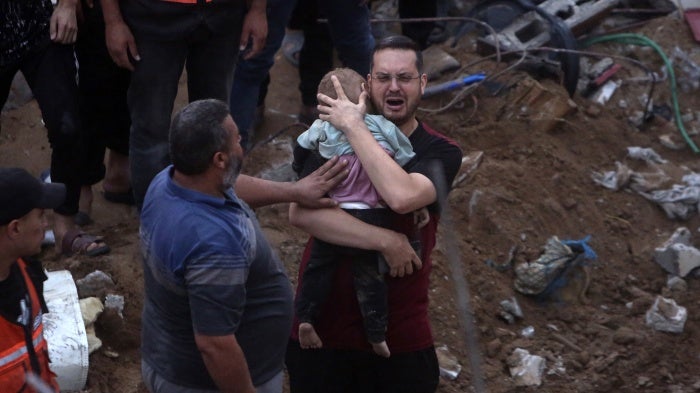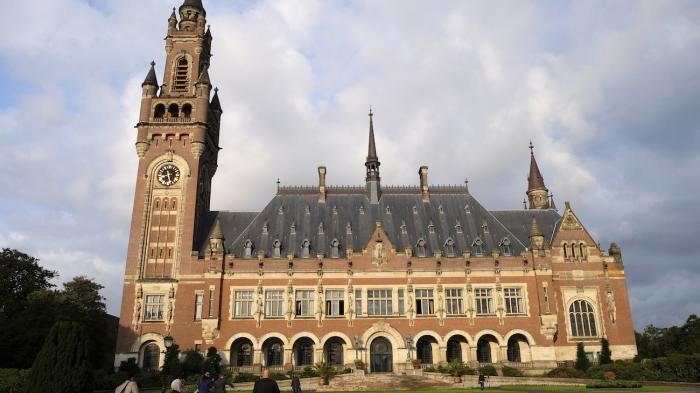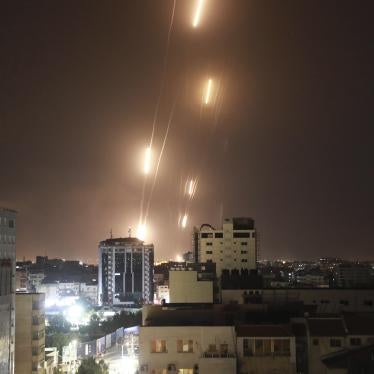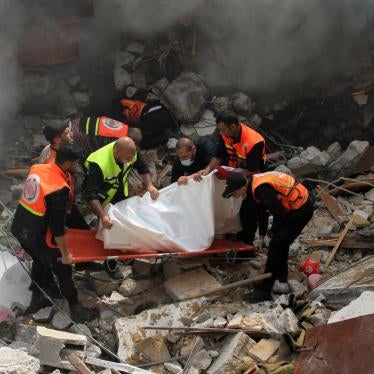רצועת עזה: תקיפות ישראליות על בתי ספר מגבירות את הסכנה לאזרחים
מתקפות קטלניות על בתי ספר שהוסבו למקומות מחסה מלמדות על פגיעותם של העקורים

The use of explosive weapons in populated areas is one of the most immediate threats to civilians in contemporary armed conflict. Civilians account for the vast majority of people who are killed or injured when aerial bombs, rockets, artillery projectiles, mortars, and missiles are used in populated areas. The wide-area effects of some explosive weapons – which result from a broad blast or fragmentation radius, inaccuracy, and/or the delivery of multiple munitions at once – greatly exacerbate the humanitarian consequences. The use of explosive weapons in towns and cities also has long-term indirect, or “reverberating,” effects on housing, schools, infrastructure, cultural heritage and on access to food, water, and essential services. More than 85 countries have endorsed a 2022 political declaration committing to adopt and implement national policies and practices to help avoid and address civilian harm, including by restricting or refraining from the use of explosive weapons in populated areas. Human Rights Watch is a founding member of the International Network on Explosive Weapons.


מתקפות קטלניות על בתי ספר שהוסבו למקומות מחסה מלמדות על פגיעותם של העקורים

על ממשלות להשעות את העברת הנשק לישראל ולתמוך בחקירה שמנהל בית הדין הפלילי הבינלאומי

הראיות מצביעות על ירי רקטה כושל, אך נדרשת חקירה מקיפה

המצור וההפצצות של ישראל מחריבים את מערכת הבריאות. יש לחקור אותם כפשעי מלחמה
הראיות מצביעות על ירי רקטה כושל, אך נדרשת חקירה מקיפה

המצור וההפצצות של ישראל מחריבים את מערכת הבריאות. יש לחקור אותם כפשעי מלחמה
מדינות המספקות לצדדים נשק מסתכנות בשותפות בהפרות חמורות של דיני המלחמה

התקפות חסרות הבחנה של ארגונים חמושים מרצועת עזה הן פשעי מלחמה

הפרות ישראליות ופלסטיניות ממחישות את הצורך בחקירה של בית דין הפלילי הבינלאומי
